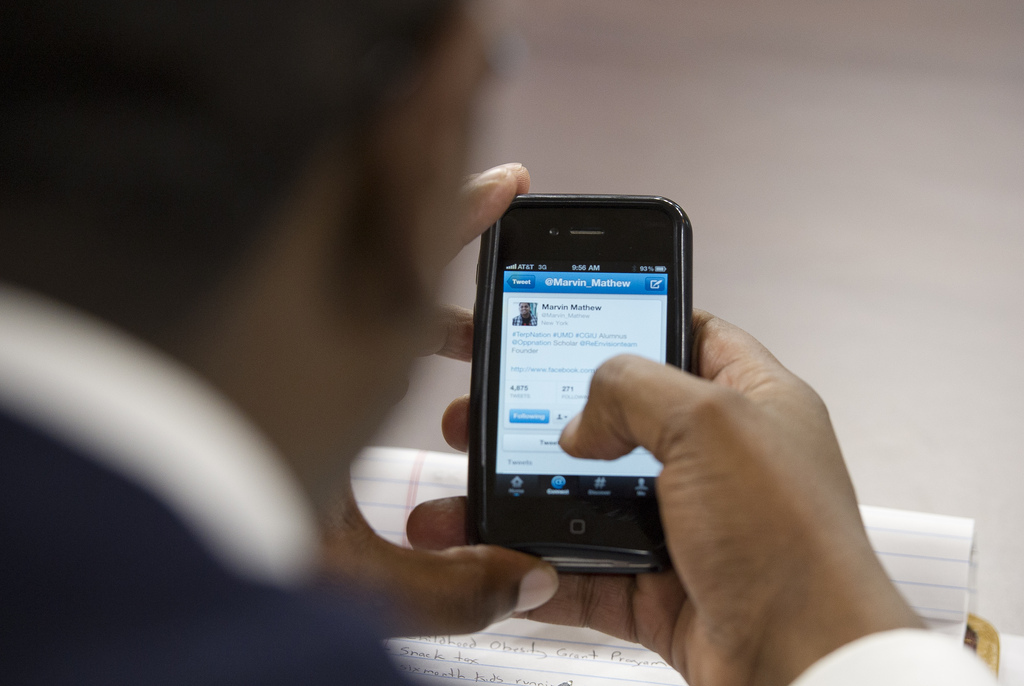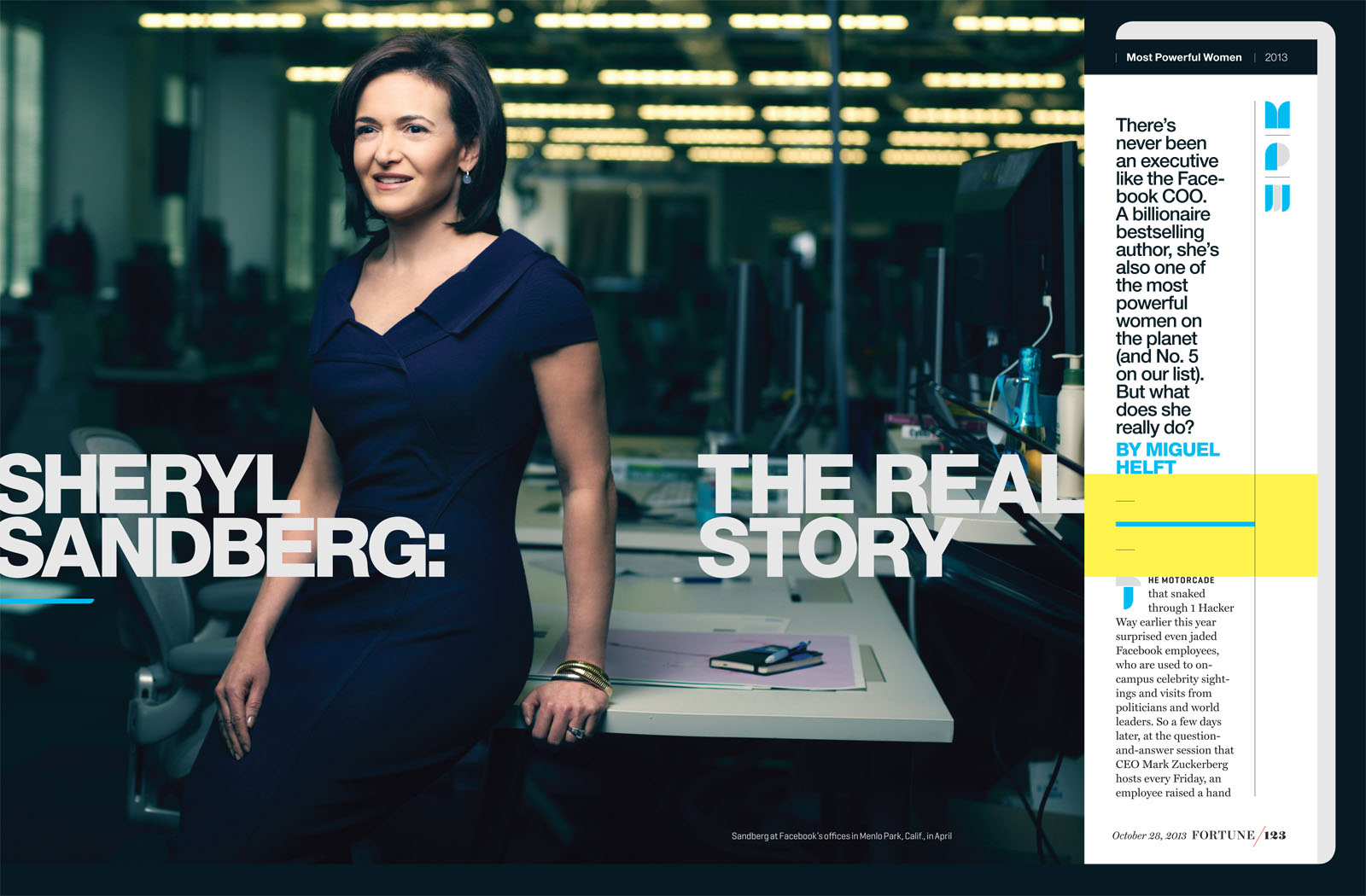The tweet is mightier than the sword.
Social media campaigns by members of minority communities are responding to racism and stereotyping in the media, and getting results.
For instance, last week, Asian American activists launched #CancelColbert in response to an offensive tweet posted by The Colbert Report’s Twitter account. They were hoping to achieve a similar outcome as American Muslims had with Alice in Arabia, an ABC pilot television programme that was cancelled following a Twitter offensive that highlighted the show’s stereotypes of Muslims.
Yet, is calling for a show’s cancellation, like banning a book, an effective response? For social media activism to reach its full potential as a tool for social change, it must pair criticism with a sense of engagement. The online Muslim community has demonstrated its ability to identify and counter harmful speech, but it needs to take the next step and seek more constructive and productive solutions.
Contrary to the all-too-common image of the angry Muslim protester, American Muslims are choosing speech over violence. One Twitter user joked after ABC decided to scrap Alice in Arabia: “As a Muslim, I’m a little disappointed that we got #AliceInArabia cancelled w/o a single flag burned or embassy bombed. Have we gone soft?”
Instead of taking to the streets, Muslims are rallying on Twitter, Facebook and Tumblr. Social media is helping American Muslims embrace and reflect the American culture of self-expression to counter bad speech.
‘Mipsterz’ incident
Some of this online activism is aimed at alleged stereotyping propagated by Muslims themselves. In December 2013, a music video made by a group calling themselves “Mipsterz” – short for Muslim hipsters – went viral. The video, set to Jay-Z’s song “Somewhere in America”, featured a group of Muslim women of diverse ethnic backgrounds dressed fashionably and wearing hijabs, posing artistically in major US cities. The video sparked an intense debate on the web and social media about the representation of Muslim women. Critics of the video said it had been created primarily by Muslim men who were reinforcing the male gaze, and that the video objectified women and sexualised the hijab.
On March 8, International Women’s Day, American Muslims were again galvanised by sexist jokes tweeted by Abu Eesa Niamatullah, a conservative Islamic scholar affiliated with the Al Maghrib Institute, an Islamic studies centre. The scholar posted a series of crass jokes and insulting comments about women, including a meme with an image of him lecturing at the podium and the words, “Don’t try to understand women, women understand women and they hate each other.”
The resulting backlash produced an online campaign demanding that the scholar be fired from the institute. Like the #CancelColbert movement, this hashtag activism called for the parties accountable to be removed from their podium; their “humour” had crossed the line into bigotry.
With Alice in Arabia, Muslims took to Twitter to deplore the show’s Orientalism and Islamophobia. According to ABC’s official description of the show, the show was about an American teenage girl who is “kidnapped” by her grandfather after tragedy strikes her parents. Alice becomes a “prisoner” in her grandfather’s royal house and must “survive life behind the veil” while finding a way to escape back to the US. According to Buzzfeed’s review of the script, Alice’s grandfather is a Saudi prince and the women in his harem smoke hookah, watch Sex in the City and stream lectures from the top professors in the world.
American Muslim social media activists denounced the show for its stereotyping of Muslim Arab men and women. After a week of heavy criticism by Muslims online, ABC Family announced that it would not air the show. The social media activism worked!
Or did it?
Reactionary and punitive
The intensity of responses and the active participation point to an American Muslim community that is passionate, articulate and responsive. American Muslims responded swiftly and powerfully against prejudice. Derisive and insulting comments – which had in the past been more readily tolerated – are now scrutinised and duly criticised by minority communities. And rightfully so.
But the community’s activism could use some fine-tuning. So far, social media activism has been mostly reactionary and punitive, without channels for future engagement. In the aftermath of the Mipsterz controversy, many of the women in the video removed their names from public view out of fear of harassment and public shaming. And the scholar with the sexist comments has become, for the protesters, persona non grata – there are few openings for real communication.
As for ABC Family, it did not try to rewrite or nuance Alice in Arabia, but instead chose the easy way out, cancelling the show altogether. The writer of Alice responded to the controversy, calling Muslim social media activists a “mob” that had organised a “reactionary campaign” to cancel the show.
Towards a new approach
This all-or-nothing approach does not do enough. Instead of demanding that ABC cancel Alice in Arabia, American Muslims on social media could have invited the producers to seek cultural consultants from the Arab and Muslim American communities to reshape the narrative with more nuanced characters and storylines. Social media activists pointed to the abundant story-telling talent in the Muslim community and asserted the need for Muslims to have ownership of their narratives. But these same activists fell short of calling for “more constructive engagement with Hollywood executives”, so that Muslims could bring a more authentic narrative to primetime television.
A Wall Street Journal column wrote that social media, and Twitter in particular, “offer[s] a unique tool to bring widespread visibility to issues and ideas within [and towards] our community that have long been ignored by the general public”.
Our social media activism needs to do more than stop bad speech; it also needs to help create good speech. Only then will we see real change.
Photo Credit: MarylandGovPics
Asma Uddin is the Founder and Editor-in-Chief of altMuslimah.com. Firdaus Arastu is an Assistant Editor at altMuslimah.com. This article was originally published at Al Jazeera





